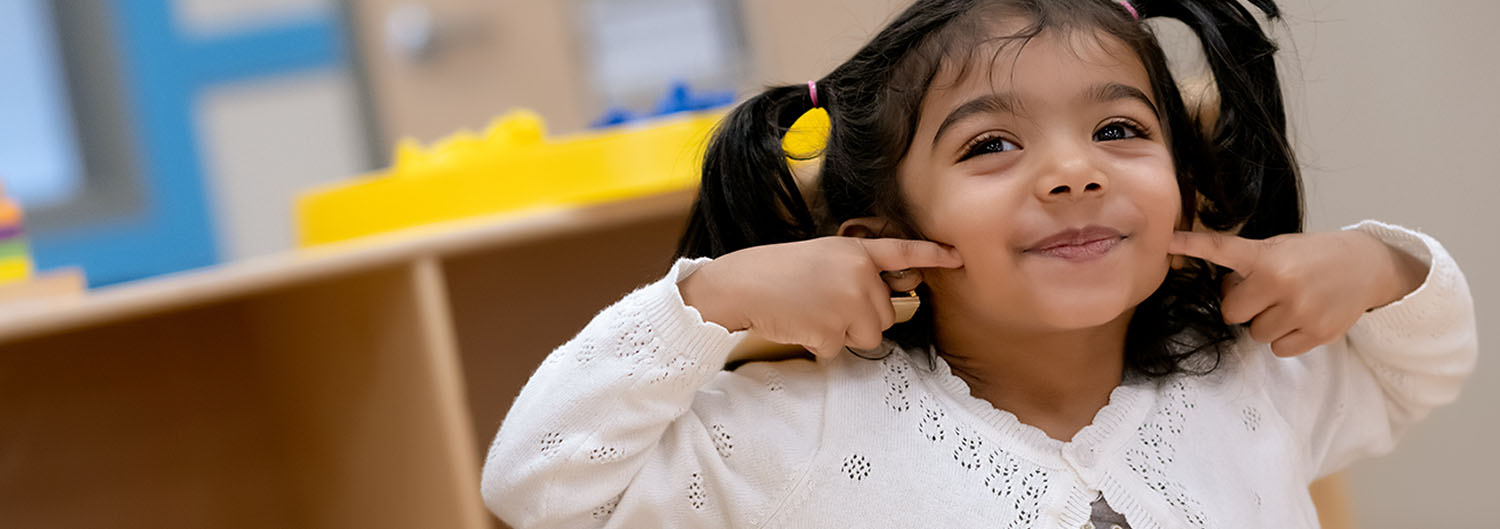- View All
- Topics
- Search
Topics
Blog Archive
-
2025 (5)
- March (2)
- February (1)
- January (2)
-
2024 (28)
- December (2)
- November (3)
- October (2)
- September (3)
- August (3)
- July (3)
- June (2)
- May (2)
- April (2)
- March (2)
- February (2)
- January (2)
-
2023 (15)
- December (2)
- November (2)
- October (2)
- September (1)
- August (1)
- July (1)
- June (1)
- May (1)
- April (1)
- March (1)
- February (1)
- January (1)
-
2022 (13)
- December (1)
- November (1)
- October (1)
- September (1)
- August (2)
- July (1)
- June (1)
- May (1)
- April (1)
- March (1)
- February (1)
- January (1)
-
2021 (15)
- December (1)
- November (1)
- October (1)
- September (2)
- August (1)
- June (1)
- May (2)
- April (1)
- March (2)
- February (2)
- January (1)
-
2020 (11)
- December (1)
- October (2)
- September (1)
- August (1)
- July (1)
- May (2)
- March (1)
- February (1)
- January (1)
-
2019 (12)
- December (1)
- November (1)
- October (1)
- September (1)
- August (1)
- July (1)
- May (2)
- April (1)
- March (1)
- February (1)
- January (1)
-
2018 (12)
- December (1)
- November (1)
- October (1)
- September (1)
- August (1)
- July (1)
- June (1)
- May (1)
- April (1)
- March (1)
- February (1)
- January (1)
-
2017 (12)
- December (1)
- November (1)
- October (1)
- September (1)
- August (1)
- July (1)
- June (1)
- May (1)
- April (1)
- March (1)
- February (1)
- January (1)
-
2016 (12)
- December (1)
- November (1)
- October (1)
- September (1)
- August (1)
- July (1)
- June (1)
- May (1)
- April (1)
- March (1)
- February (1)
- January (1)
-
2015 (12)
- December (1)
- November (1)
- October (1)
- September (1)
- August (1)
- July (1)
- June (1)
- May (1)
- April (1)
- March (1)
- February (1)
- January (1)
-
2014 (6)
- December (1)
- November (1)
- October (1)
- September (1)
- May (1)
- April (1)




Bye-Bye Blues: Helping Your Child Overcome Separation Anxiety
L et’s resolve those drop off fears and tears as we chat with our Behavior Specialist Consultant, Amber Fine. Amber has spent the last decade in the mental health sector, in both public and private services, supporting children and their families. She is proficient in the area of Infant Mental Health and is a licensed psychotherapist in the state of Florida.
et’s resolve those drop off fears and tears as we chat with our Behavior Specialist Consultant, Amber Fine. Amber has spent the last decade in the mental health sector, in both public and private services, supporting children and their families. She is proficient in the area of Infant Mental Health and is a licensed psychotherapist in the state of Florida.
Hi Amber! When does separation anxiety typically manifest in young children and what are some signs that families can look out for?
Amber: Separation anxiety is a developmentally appropriate behavior that can present itself around 6-8 months and typically peaks in toddlerhood. These behaviors can start to dissipate after 2 years but can ebb and flow depending on circumstances occurring in the child’s life. Any new transition may contribute to separation anxiety. We sometimes see behaviors such as difficulty separating from caregivers, difficulty with emotional regulation (which may present as crying, yelling, or emotional outbursts), excessive worry, disturbance in sleep routine, and somatic symptoms like stomach aches or nausea.
What are some strategies families can implement to help their child cope with separation anxiety when leaving for preschool?
Amber: Strategies will differ for all children, depending on what brings them comfort. I think most importantly, the strategies used will carry themes of comfort, planning, and preparation. When children know what to expect, it can help them in preparing themselves.
Make your child’s morning as comfortable as possible, prior to drop-off. This might entail eating breakfast together, listening to their favorite music, or talking about all the fun things you will do as a family later that night.
If you’re preparing your child for a new environment, visit the school prior to the first day, with the child present, allowing them to meet their teacher and explore their new classroom. If the school allows, send a comfort item in with the child, which can allow for them to feel more connected to home. Partner with teachers and staff, educating them on what your child likes, doesn’t like, and what can help when your child is experiencing big emotions. If you have a positive and excited disposition and tell your child what a great day they are going to have, they will likely follow suit.
How can families strike a balance between addressing their child’s separation anxiety and encouraging their independence?
Amber: You want to ensure you are acknowledging and validating your child’s feelings, while also projecting confidence and providing reassurance. Talking through the routine of the day, the people your child will interact with, and all the fun activities they are going to do can help to ease your child’s drop-off fears. Also, discuss with your child when they can expect someone to pick them up, who it will be, and ensure appropriate follow through.
Are there play or social activities that can aid in fostering a sense of independence and confidence?
Amber: Extracurricular activities are a great way to begin exposing children to peers, other adults, and expected social norms, while instilling a sense of independence and confidence. Some ideas include play dates, children’s fitness classes, intramural sports, and children’s classes at your local library. When your child is engaged in fun activities like these, they won’t even realize they are learning important social-emotional skills.
How can families manage their own feelings of guilt or worry when leaving their child who is experiencing separation anxiety?
Amber: Just as you would prepare your child, it’s equally important to prepare yourself for this new experience. Familiarize yourself with the staff at your child’s new school, understand their daily routine, and establish expectations for communication. Investing time in helping your child build connections with their new teacher, peers, and surroundings can significantly ease their worries, which will ultimately put the entire family more at ease.